Ham listed “numerous examples of revered scientists who reject evolution and embrace Biblical creation," reported Billy Hallowell of The Blaze. "Among them: Dr. Raymond Damadian who invented the MRI as a tool for making medical diagnoses.”
“One of the high points of the debate occurred when Ham showed short clips of prominent creationists who are involved in high-tech science and medicine,” reported the website Answers in Genesis.
Have many great scientists also been Christians? It’s easy to make a list of more than 500 great thinkers and scientists who were firm believers.
 Hildegard of Bingen (Kirchberg – Bildstock)
Hildegard of Bingen (Kirchberg – Bildstock)
One of the more colorful is Germany’s first woman physician, Hildegard of Bingen (1098–1179). She was also a Catholic nun and the head of a Benedictine abby. She conducted and published comprehensive studies of natural science and medicine -- and after her death was declared a saint.
Robert Grosseteste (1175–1253) was the central character of the English intellectual movement in the first half of the 13th century and is considered the founder of scientific thought at Oxford University. He wrote texts on the mathematical sciences of optics, astronomy and geometry. He affirmed that experiments should be used in order to verify a theory, testing its consequences. He added greatly to the development of the scientific method, according to his biographer, A.C. Crombie, author of Robert Grosseteste and the Origins of Experimental Science 1100–1700.
Roger Bacon (1214–1294), the great English philosopher who was responsible for popularizing the concept of “laws of nature” and contributed in such areas as mechanics, geography and optics. It is not always mentioned that he was also a
Otto Brunfels (1488–1534), whose book Herbarum Vivae Icones earned him the title as one of the “fathers of botany. The was also
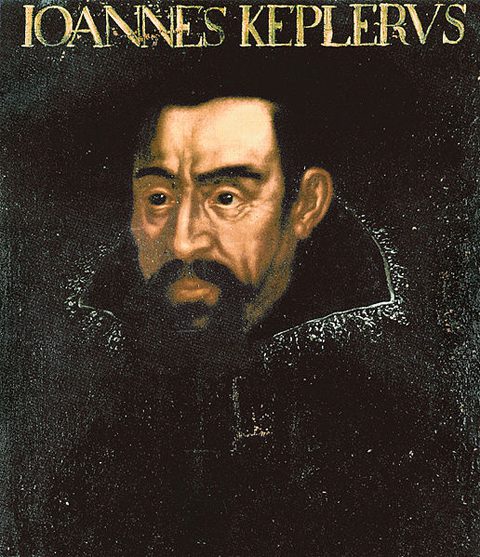 Johannes Kepler (Public Domain/Wikimedia)
Johannes Kepler (Public Domain/Wikimedia)
Johannes Kepler (1571–1630), who wrote that his model of the cosmos was based on his study of the Bible. His most famous scientific contribution is Kepler’s Laws of Planetary Motion. A devout Christian, he had wanted to be a theologian. His classic book Harmonice Mundi discusses both science and Christ.
“Joel Primack has a long and distinguished career as an astrophysicist,” writes Stefan Lovgren for National Geographic. “A University of California Santa Cruz professor, he co-developed the cold dark matter theory that seeks to explain the formation and structure of the universe
“He also believes in God.
“That may strike some people as peculiar. After all, in some corners popular belief renders science and religion incompatible.
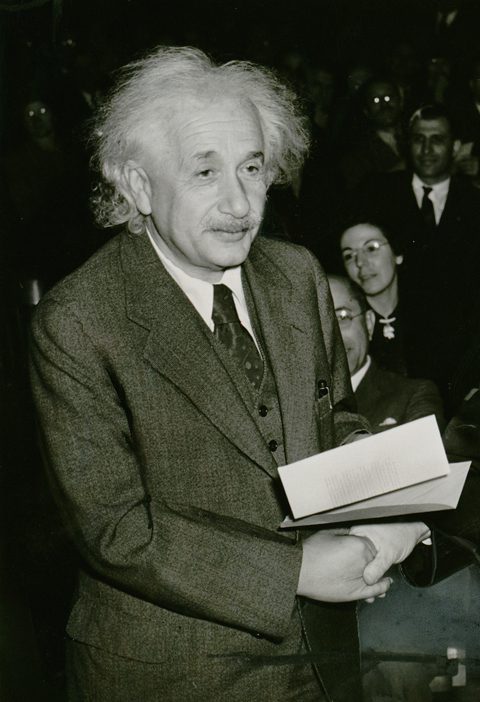 Albert Einstein (Public Domain/Wikimedia)
Albert Einstein (Public Domain/Wikimedia)
“Yet scientists may be just as likely to believe in God as other people, according to surveys. Some of history’s greatest scientific minds, including Albert Einstein, were convinced there is intelligent life behind the universe. Today many scientists say there is no conflict between their faith and their work.
“‘In the last few years astronomy has come together so that we’re now able to tell a coherent story’ of how the universe began, Primack said. ‘This story does not contradict God, but instead enlarges the idea of God.’
“In a 1997 survey in the science journal Nature, 40 percent of U.S. scientists said they believe in God – not just a creator, but a God to whom one can pray in expectation of an answer. That is the same percentage of scientists who were believers when the survey was
taken 80 years earlier.
A few more great scientists who believed in God:
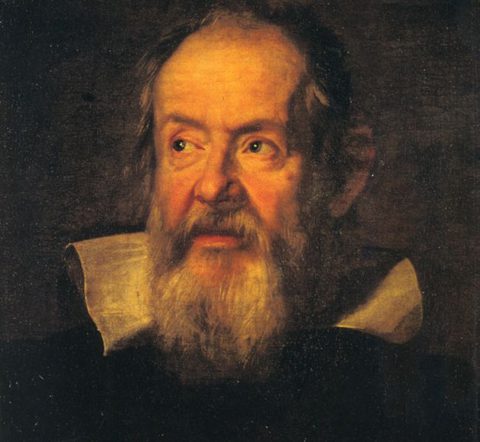 Galileo Galilei (Public Domain/Wikimedia)
Galileo Galilei (Public Domain/Wikimedia)
Galileo Galilei (1564–1642) was the great scientist who had many problems with the church for defending the idea of the sun being the center of the solar system – and not Earth.
René Descartes (1596–1650): He was a key thinker of the Scientific Revolution. He did important work on geometry and is honored by having the Cartesian coordinate system used in plane geometry and algebra named after him. His Meditations on First Philosophy deals both with math and faith.
Blaise Pascal (1623–1662), a great theologian who was a genius, still known for Pascal’s law (physics), Pascal’s theorem (math) and Pascal’s Wager (theology).
Sir Isaac Newton (1643–1727), regarded as one of the greatest scientists and mathematicians in history. Newton’s study of the Bible and of the early church were among his greatest passions. He believed God was the special physical cause that kept the planets in orbit.
John Dalton (1766–1844): English chemist, meteorologist and physicist. He is best known for his pioneering work in the development of modern atomic theory and his research into colour blindness (sometimes referred to as Daltonism, in his honor). He was a Quaker his entire life.
Michael Faraday (1791–1867), known for his contributions in establishing electromagnetic theory and his work in chemistry such as establishing electrolysis, was also an elder of his church and enjoyed lecturing on the relationship of science to faith.
Louis Pasteur (1822–1895), the great French chemist and microbiologist who developed the first vaccines for rabies, anthrax and cholera. He is perhaps best known as the inventor of the pasteurization method for purifying cow’s milk for human consumption. He was also a devout Christian.
Henrietta Swan Leavitt (1868–1921) was a noted astronomer and the first women to head the astronomy department at Harvard University. A practicing Christian, she was the descendant of early Massachusetts Bay Colony Puritan settlers – and a preacher’s daughter.
 Guglielmo Marconi (Public Domain/Wikimedia)
Guglielmo Marconi (Public Domain/Wikimedia)
Guglielmo Marconi (1874-1937) is considered the inventor of radio. He won the 1909 Nobel Prize in Physics. In 1931, he personally introduced the first radio broadcast of a Pope, Pius XI, announcing to worldwide listeners, “With the help of God, who places so many mysterious forces of nature at man’s disposal, I have been able
to prepare this instrument which will give to the faithful of the entire world the joy of listening to the voice of the Holy Father.”
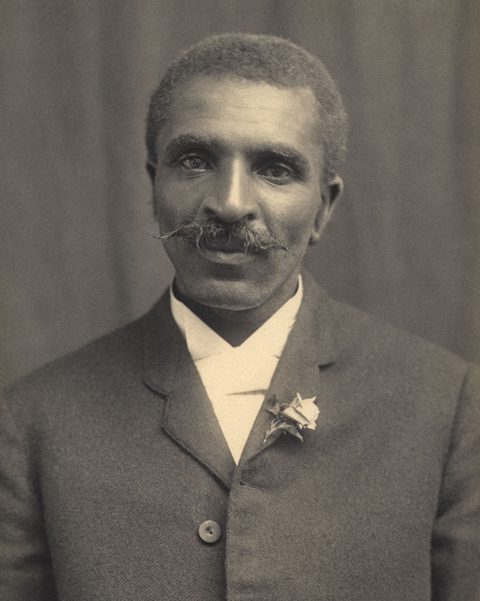 George Washington Carver (Public Domain/Wikimedia)
George Washington Carver (Public Domain/Wikimedia)
George Washington Carver (1864-1943), the great American scientist, botanist, educator, and inventor. Born a slave, Carver believed he could have faith both in God and science and integrated them into his life. He testified on many occasions that his faith in Jesus was the only mechanism by which he could effectively pursue and perform the art of science.
Max Planck (1858–1947): He won the 1918 Nobel Prize in Physics and is considered the founder of Quantum mechanics. Raised an observant Lutheran, he was an elder in his church and in 1937 he delivered a lecture, “Religion and Natural Science,” stating that both religion and science require a belief in God.
Sir John Boyd Orr (1880-1971), a Scottish doctor and biologist who received the Nobel Peace Prize for his scientific research into nutrition. He was the first Director-General of the United Nations Food and Agriculture Organization. He concluded his 1949 acceptance Nobel Prize speech declaring: “Let the churches which believe in the eternal and unchangeable truth proclaimed by Jesus of Nazareth redouble their efforts for peace so that we in our day may see the beginning of the building of the new and better world which our children shall inherit.”
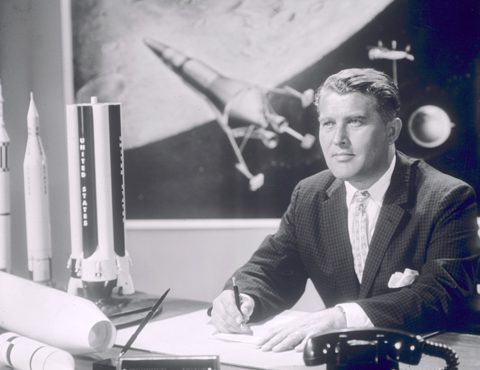 Wernher von Braun (NASA/Wikimedia)
Wernher von Braun (NASA/Wikimedia)
Wernher von Braun (1912–1977): Braun was “one of the most important rocket developers and champions of space exploration during the period between the 1930s and the 1970s.” He was a Lutheran who as a youth and young man had little interest in religion. But as an adult he developed a firm belief in the Lord and in the afterlife. Working with NASA, he was known to be pleased to have opportunities to speak to peers about his faith and Biblical beliefs.
“Do scientists pray?” That’s the question that occupied the thoughts of a sixth-grade Sunday school class at The Riverside Church, and who better to pose it to than one of the best scientific minds of our time, Albert Einstein?
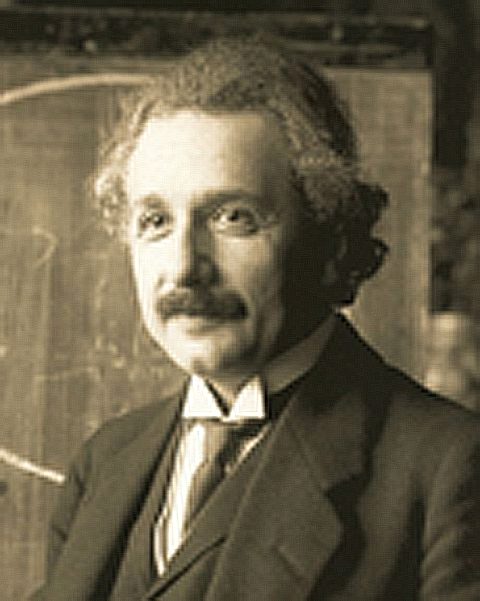 Albert Einstein (Public Domain/Wikimedia)
Albert Einstein (Public Domain/Wikimedia)
“A young girl named Phyllis penned a polite and inquisitive note to the great physicist, and she was probably surprised to receive a considerate reply,” reports the Huffington Post. “The exchange was published
in the book Dear Professor Einstein: Albert Einstein’s Letters to and from Children, edited by Alice Calaprice.”
Young Phyllis wrote: “My dear Dr. Einstein, We have brought up the question: Do scientists pray? in our Sunday school class. It began by asking whether we could believe in both science and religion. We are writing to scientists and other important men to try and have our own question answered.
“We will feel greatly honored if you will answer our question: Do scientists pray, and what do they pray for? We are in the sixth grade, Miss Ellis’s class. Respectfully yours, Phyllis”
The great physicist replied five days later, sharing with her his thoughts on faith and science in a letter dated January 24, 1936: “Dear Phyllis, I will attempt to reply to your question as simply as I can. Here is my answer: Scientists believe that every occurrence, including the affairs of human beings, is due to the laws of nature. Therefore a scientist cannot be inclined to believe that the course of events can be influenced by prayer, that is, by a supernaturally manifested wish.
“However, we must concede that our actual knowledge of these forces is imperfect, so that in the end the belief in the existence of a final, ultimate spirit rests on a kind of faith. Such belief remains widespread even with the current achievements in science.
“But also, everyone who is seriously involved in the pursuit of science becomes convinced that some spirit is manifest in the laws of the universe, one that is vastly superior to that of man. In this way the pursuit of science leads to a religious feeling of a special sort, which is surely quite different from the religiosity of someone more naive.
“With cordial greetings, your A. Einstein.”
Today, quite a number of noted scientists are practicing Christians, including:
C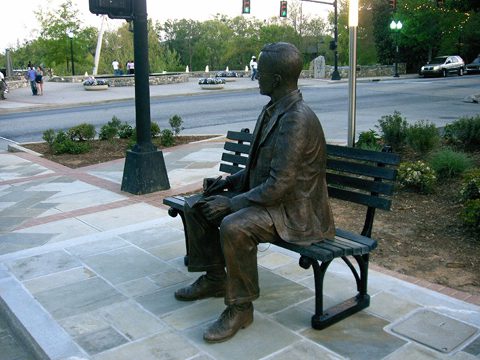 Charles Hard Towne (Jas&Suz/Wikimedia)
Charles Hard Towne (Jas&Suz/Wikimedia)
William Newsome, a neuroscientist at Stanford University. A member of the National Academy of Sciences, Newsome is the co-chair of the BRAIN Initiative, “a rapid planning effort for a ten-year assault on how the brain works.” Newsome is also a Christian and has written about his faith.
Gerhard Ertl, the 2007 Nobel Prize winner in Chemistry. He has said in an interview that “I believe in God. I am a Christian and I try to live as a Christian. I read the Bible very often and I try to understand it.”
Charles Hard Townes in 1964 won the Nobel Prize in Physics and in 1966 wrote The Convergence of Science and Religion.
 At right, Freeman Dyson (Public Domain/Wikimedia)
At right, Freeman Dyson (Public Domain/Wikimedia)
Freeman Dyson has won the Lorentz Medal, the Max Planck Medal, the Lewis Thomas Prize and the Templeton Prize – which recognizes advances in religious thought.
Antony Hewish is a British radio astronomer who won the Nobel Prize for Physics in 1974 in part for his role in the discovery of pulsars. Hewish wrote in his introduction to John Polkinghorne‘s 2009 Questions of Truth, “The ghostly presence of virtual particles defies rational common sense and is non-intuitive for those unacquainted with physics. Religious belief in God, and Christian belief may seem strange to common-sense thinking. But when the most elementary physical things behave in this way, we should be prepared to accept that the deepest aspects of our existence go beyond our common-sense understanding.”
And the list goes on.


